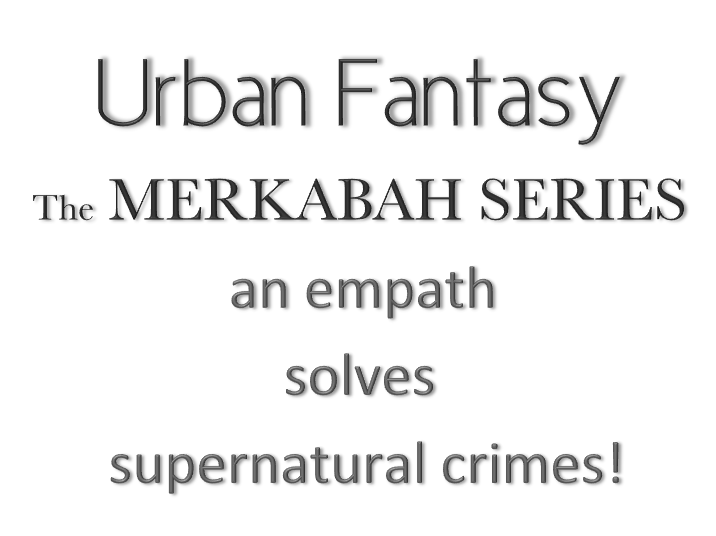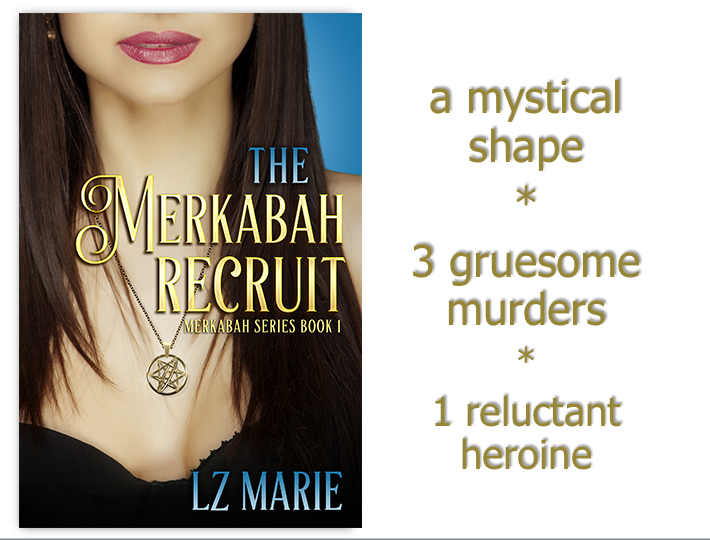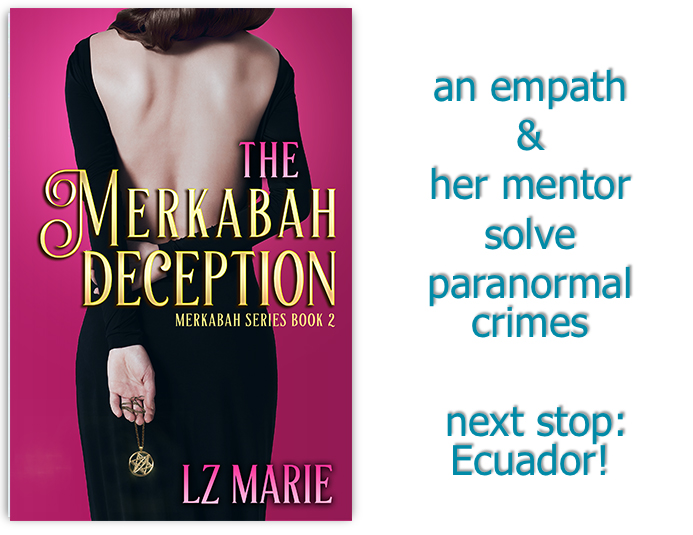 Aim high. Ambition + Ability = Accomplishment
Aim high. Ambition + Ability = Accomplishment
Block out time for writing. Make it a habit.
Characterization. Names, dialog, physical descriptions, and actions all contribute to revealing character. For an in-depth look click CHARACTERIZATION.
Despair not! No matter the path you choose ( self-publishing or traditional ) there’s lots of roadblocks, detours, potholes, and flat tires along the way.
Edit-edit-edit! Then edit again! See Manuscript Clean-up and Most Commonly Confused Words.
Foreshadowing is achieved many different ways. Weather changes, location, illness, names, description of a seemingly innocuous person/event/object, a character’s word choice, change in syntax, and a character’s subtle reactions are just a few.
Grammar rules must be understood before breaking them.
Handle criticisms, suggestions, and rejections with grace.
Ignore the haters, naysayers, cynics, and anyone not on Team You.
Just get rid of just, that, really, very, who ( Sally, who sits under the tree vs Sally, sitting under the tree), am/was/were, being, seem, suddenly, then, finally, even, was, & it. Here’s a few abstract nouns to replace that pesky IT .
Kvetching. Keep your complaining under control—at least on social media. Rant all you like in private.
Learn the craft of writing. There’s lots of seminars, classes, and books on the subject.
Make the most of your writing time. Here’s how I make time to write while working a day job.
Never give up!
Organize your files, folders, research, drafts, queries, ideas, etc. See Idea Vault.
Plot. Have one. Plots need:
-
Protagonists with a weakness & a need that triggers a crisis.
-
Opponents/Antagonists ( more powerful in some way ) preventing a protagonist from the desired goal. Antagonists thwart the protagonist in a profound moral/intellectual way.
-
Plan/Quest/strategy to beat opponent. This is the rising action and contains a reversal/failure, surprise, and/or critical choice.
-
Battle/Climax is the final conflict with opponent.
-
Self-revelation/epiphany is the fundamental change. The protag, seeing his true self, moves to either a higher or lower level or morality.
-
Resolution/New Equilibrium is the new normal for the protag.
Quit bitchin’ about writers’ block. See Rx for Writers Block.
Read works in your genre and in other genres.
Syntax can develop ideas, simplify, obscure, imply relationships, connect abstract ideas, manipulate tone or mood, suggest irony, reveal character, create suspense/surprise, break flow, provide rhythm, add variety, and organize ideas. It’s powerful. Learn from the masters.
Thesaurus misuse. Synonyms may be close, but not close enough. Words have a denotation ( the dictionary definition ) and a connotation ( the emotion the word evokes ). Select with care!
Utilize the web for research. PDF’s of old texts, virtual tours, Google satellite, YouTube clips, Harvard lectures–the web is a powerful research and/or fact-checking tool. Pay attention to the URL: .org’s, .edu’s, and .gov’s contain more scholarly information.
Verb it up! Active verbs energize a manuscript.
Word order. Every sentence should not have the same part-of-speech pattern. The last read-my-first-page link I clicked began either with a gerund (verb +ing) or noun ( I ). I stopped reading after the second paragraph.
X-rated language can turn readers on, turn readers off, become repetitive, convey mood, reveal character, or be merely a writer’s word crutch. Use judiciously.
Yakking on Facebook & Twitter is great—but don’t let it be an excuse for not working on your manuscript.
Zealous dedication is required for success. In Malcolm Gladwell’s The Outliers, he says mastering a skill takes 10,000 hours.















My personal favorite:
“Plot. Have one.” 🙂
Haha…obvious right? But sometimes new authors forget that plot drives the story.